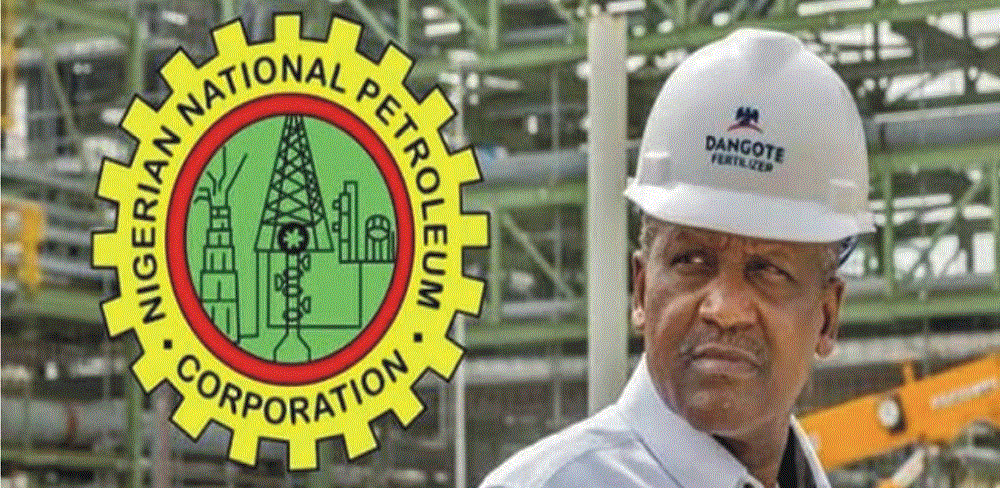Despite being the largest refinery in Africa, the Dangote Petroleum Refinery is now importing between 9 and 10 million barrels of crude oil monthly from the United States and other parts of the world.
This was disclosed by Aliko Dangote, President, Dangote Industries Limited, in his keynote address during the West African Refined Fuel Conference in Abuja.
Rather than purchasing crude oil from producers in the country at competitive prices, the refinery is compelled to enter into deals with foreign traders who purchase Nigerian crude and export it at huge premia, argued Dangote. This, he continues, not only erodes local value addition but increases the cost of petroleum products refining business in Nigeria.
Dangote was gravely disturbed by the continent’s reliance on foreign fuel. Though Africa yields gigantic quantities of crude oil, it still spends close to $90 billion every year importing refined petroleum products. It exports employment and brings in poverty, he testified, when low-quality, frequently toxic petroleum products are dumped in African markets—products that would never pass regulatory requirements in Europe or North America.
In his speech on the experience of building the world’s largest train refinery, Dangote spoke at length about the humongous challenges his people had to undertake. Building involved clearing a swampy 2,735-hectare area, laying millions of metres of cabling and pipes, and even constructing a dedicated seaport as the existing Nigerian ports would not be adequate for the purpose.
The maximum number of workers during the construction was more than 67,000, and most of them were Nigerians. The COVID-19 pandemic outbreak resulted in a two-year delay and additional complication to the already gargantuan project.
Despite these efforts, the refinery’s operations remain plagued by regulatory and logistical problems. Dangote pointed out that port charges in Nigeria are extremely high and can increase freight costs by up to 40 percent, with some cases even more than the chartering fee of ships. Indian refineries, meanwhile, have lower charges despite importing crude from distant markets.
The other significant bottleneck is the absence of harmonized fuel standards in Africa. Fuel from Nigeria, for instance, cannot sometimes be shipped to neighboring Ghana, Togo, or Cameroon due to varying regulatory standards even as they consume the same cars as those from the aforementioned countries.
The absence of policy consistency, states Dangote, fractures the regional market and rewards local refiners.
He also spoke about the growing imports of low-quality, cheap Russian fuel products, which are finding their way into African markets more and more because of poor regulation and loopholes in price.
Last but not least, Dangote appealed to African governments to take firm action, quoting the case of the United States, Canada, and European Union countries that had moved to protect domestic refining businesses.
He argues that if Africa is not going to cease exporting raw and re-importing at a higher cost, then it will lose value. The answer is in developing effective, local refining capacity with conducive trade policies, equitable regulation, and uniform fuel standards on the continent.



